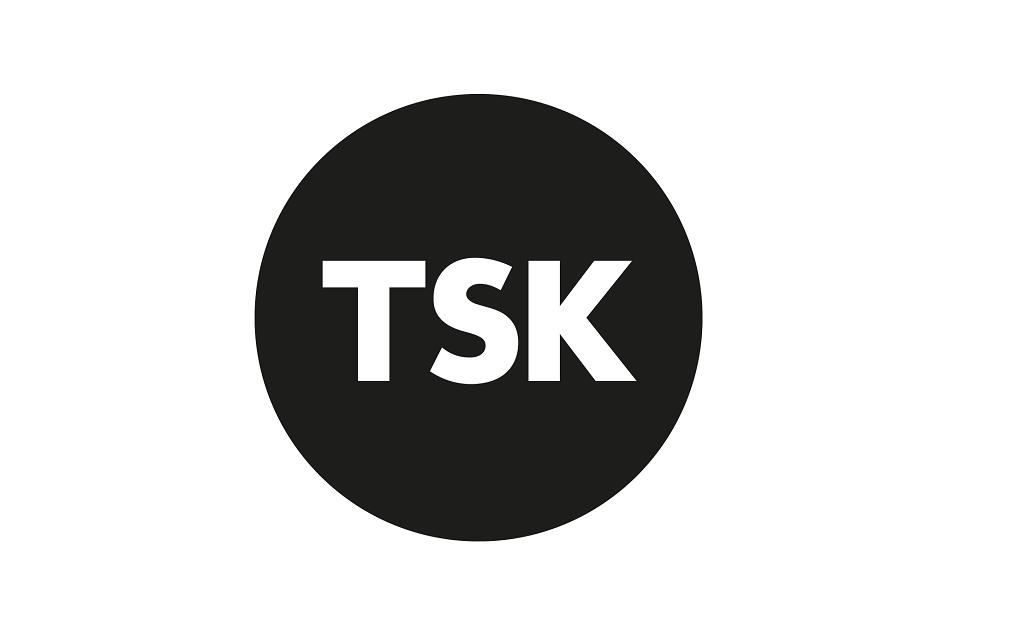Five reasons for public consultation
Sitting down to the table at Place Party 2016, the property professional to my left asked, “So what’s the point of public consultation?” It’s safe to say I was the last to finish my meal that night… but it’s a common question.
As experts in the field, we at Remarkable Engagement have experience of delivering high-profile and successful consultation programmes that have encouraged huge amounts of support for planning applications across the country.
Below, we show you five reasons why you need public consultation:
-
Listening to your audience
This is key. Public consultation allows you to listen to your audience and incorporate their feedback into your proposals. If you ignore the public, you run the risk of ending up with an unpopular scheme that, more likely than not, will get refused at committee stage – without you even being warned.
By simply listening to your audience you may be able to incorporate minor changes to your proposal and gain valuable buy-in from local residents, which will only help your application in the eyes of councillors, helping to advance your case when it gets to the planning committee.
-
Minimising negativity
Most new developments will inevitably face opposition in some form or other. Sadly this negativity can sometimes gain more traction in the press, overshadowing the positives of a particular scheme, because conflict makes for good copy. Public consultation, however, provides an opportunity to allow the positives to drive the media agenda, by focussing on the benefits and highlights of the planning proposal. By informing and identifying vocal supporters, community engagement can also help to push more positive news into the community and creating a more balanced picture.
-
Managing your reputation
A public consultation is a quick way to build a solid reputation. Hosting a public exhibition, issuing newsletters, keeping people informed, answering questions and allowing the views of individuals to feed into your plans can keep all parties happy, ultimately building a reputation for your organisation as responsible and trustworthy.
-
Identifying supporters
It can be hard to find supporters in the planning process, especially if public engagement is minimal. However, a thorough public consultation can help to identify supporters who can be motivated to become advocates for your scheme. Such people, if engaged correctly, can become public backers for your proposals, contacting councillors to highlight their support or even addressing planning committees if required.
-
Doing the right thing
Public consultation has become a norm in the planning process; planning committees up and down the country expect developers to carry out a public consultation, opening up process and ensuring communities are involved.
The National Planning Policy Framework encourages early and active consultation, recognising that it can improve proposals and help people take part in the planning process. If you don’t undertake public consultation as part of your approach, don’t be surprised if it comes back to bite you.
For more information on public consultation or to discuss your strategy, contact Remarkable Engagement on 0161 359 4100.
Selected industry experts bring you insight and expert advice, across a range of sectors.
Subscribe for free to receive our fortnightly round-up of property tips and expertise
Selected industry experts bring you insight and expert advice, across a range of sectors.
Subscribe for free to receive our fortnightly round-up of property tips and expertise





